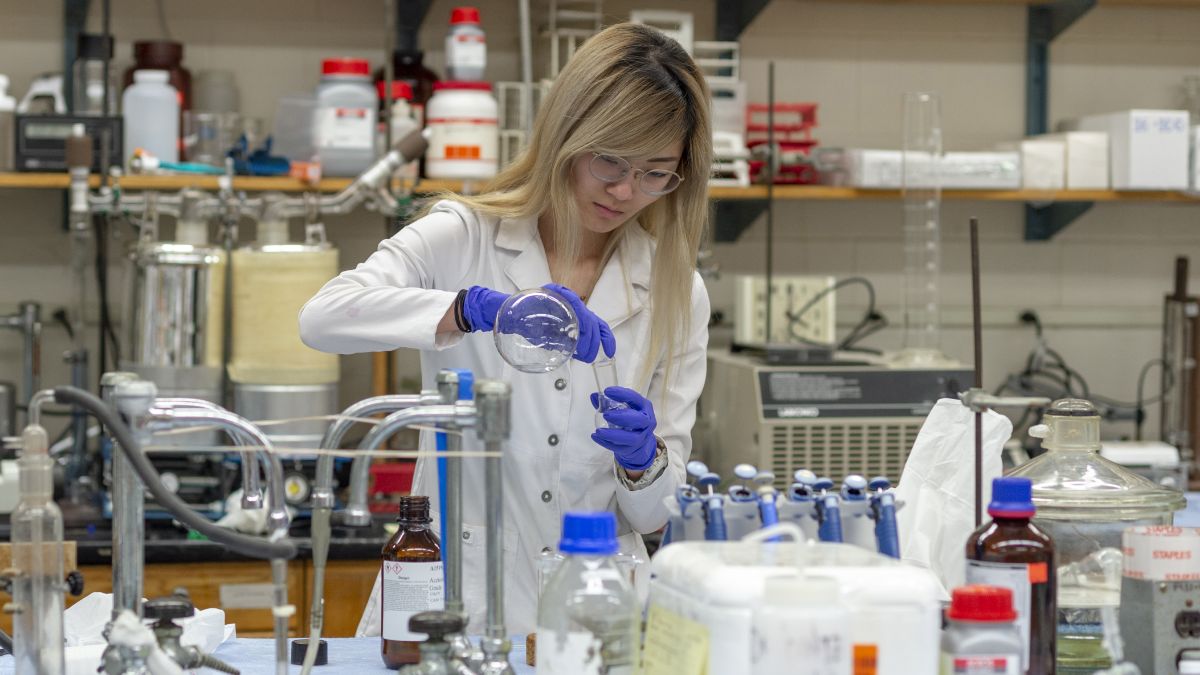Personalized Healthcare Technology
Personalized Healthcare Technology integrates interdisciplinary research to tackle problems in unconventional ways, creating a new future in healthcare delivery and individually empowered health.
$1T
Estimated medical costs for cardiovascular disease by 2030
9
Colleges at RIT involved in personalized health care technology research
101
Combined years of experience in academia among six faculty mentors
Key Faculty
View full list of affiliated faculty
Related Degree Programs
- Applied and Computational Mathematics MS
- Applied Mathematics BS
- Applied Statistics MS
- Applied Statistics and Actuarial Science BS
- Bioinformatics and Computational Biology BS
- Bioinformatics MS
- Biomedical Engineering BS
- Biomedical Sciences BS
- Biotechnology and Molecular Bioscience BS
- Computational Mathematics BS
- Electrical Engineering BS
- Electrical Engineering MS
- Human-Computer Interaction MS
- Human-Centered Computing BS
- Microelectronic Engineering BS
- Microsystems Engineering Ph.D.
- New Media Interactive Development BS
- Health Systems Management MS
- Web and Mobile Computing BS






















